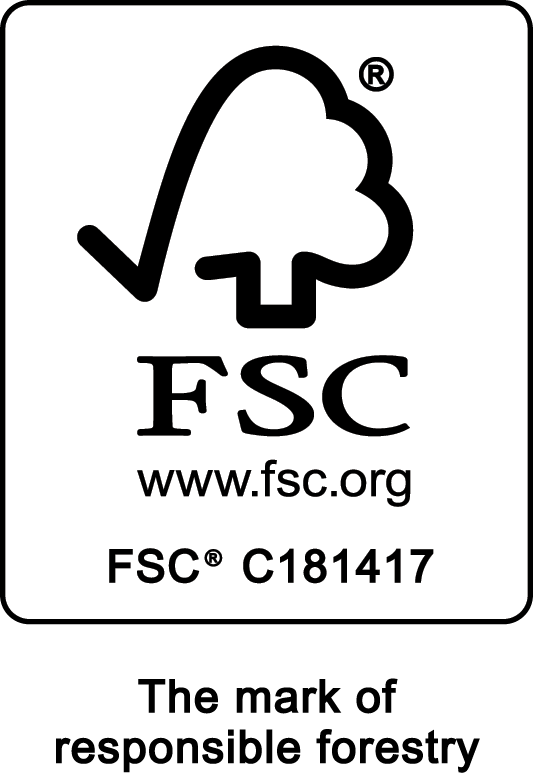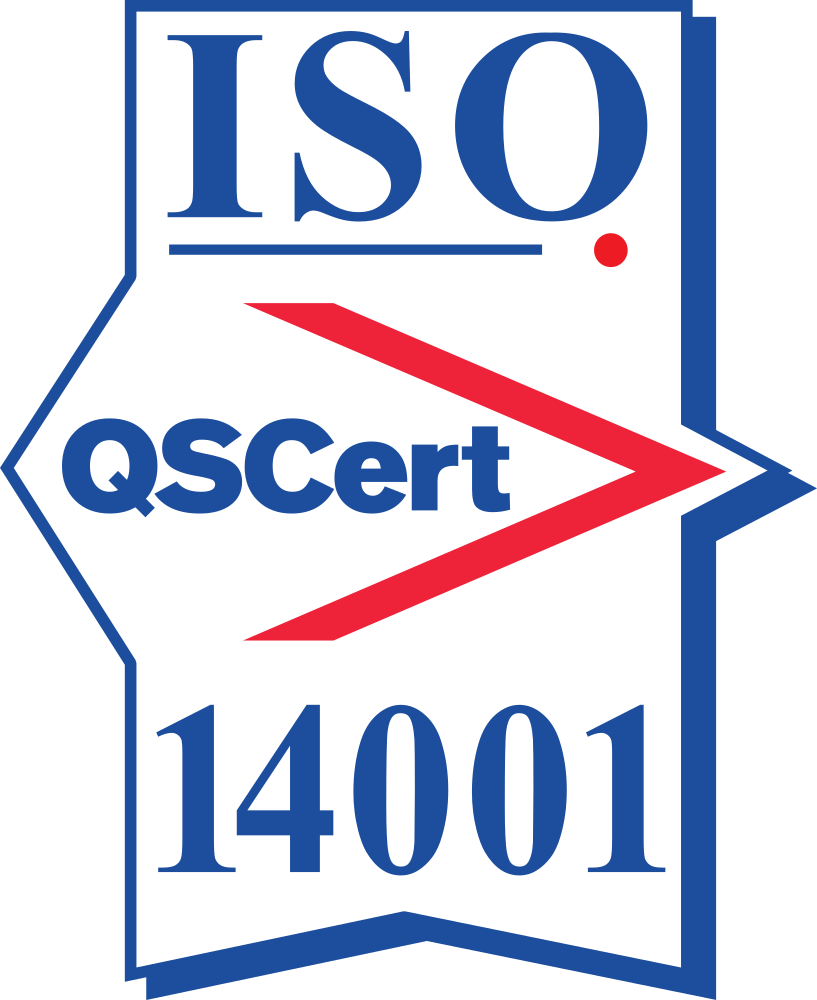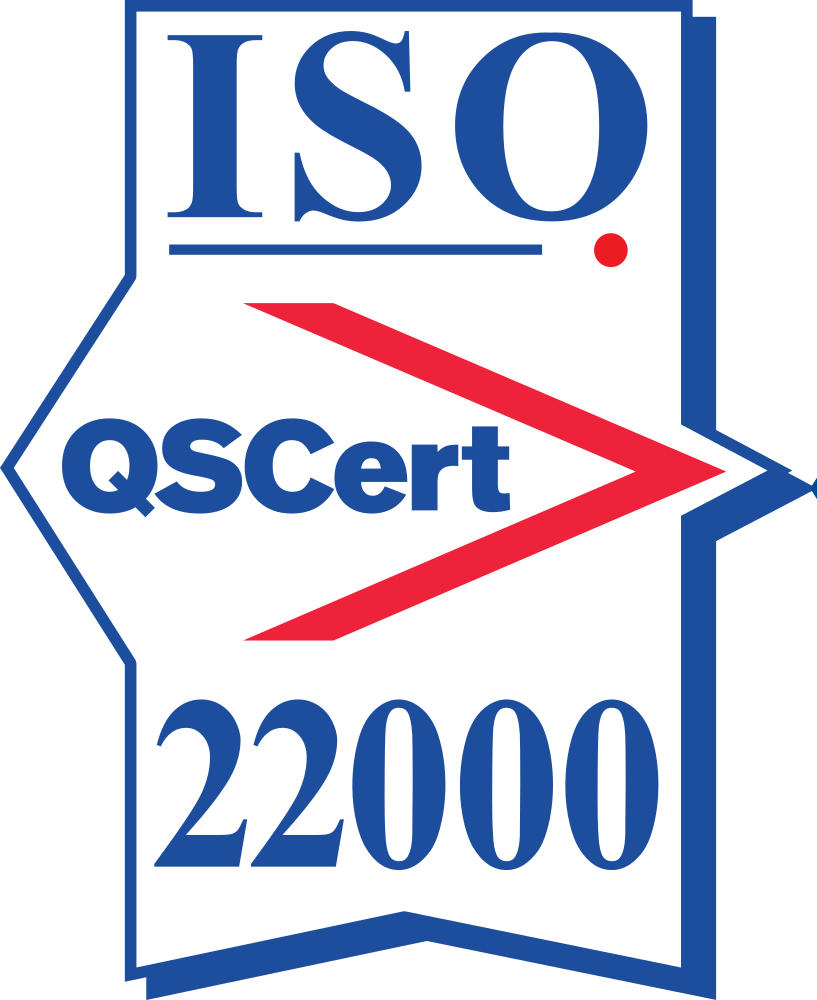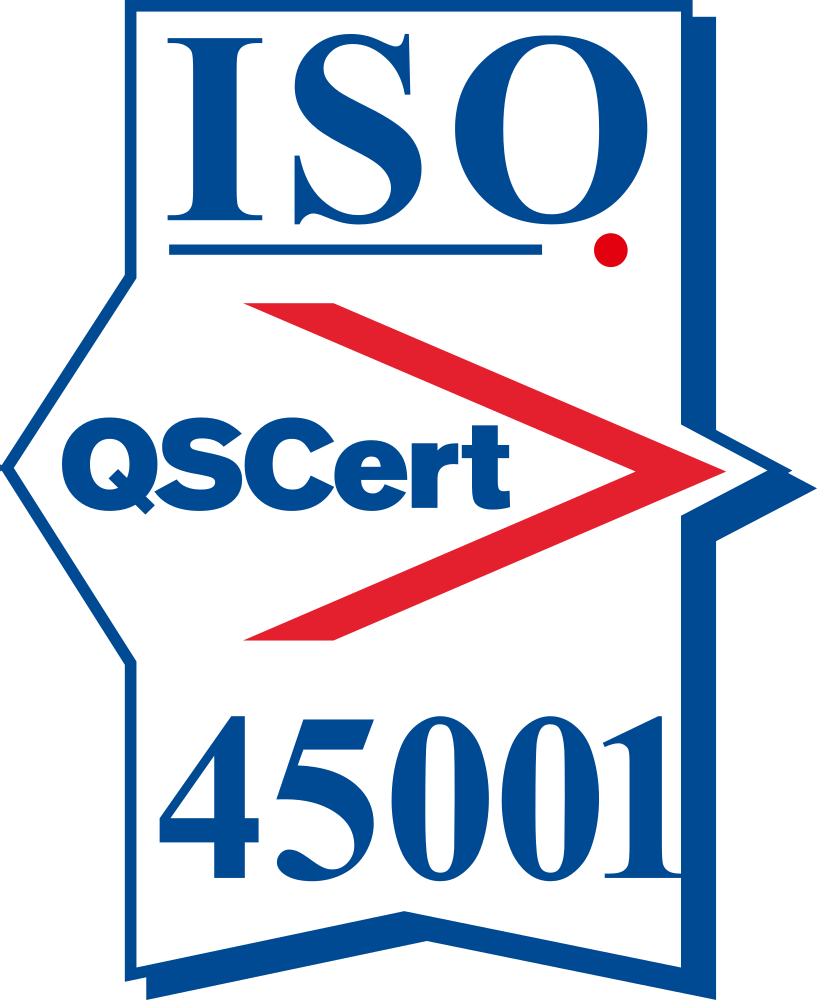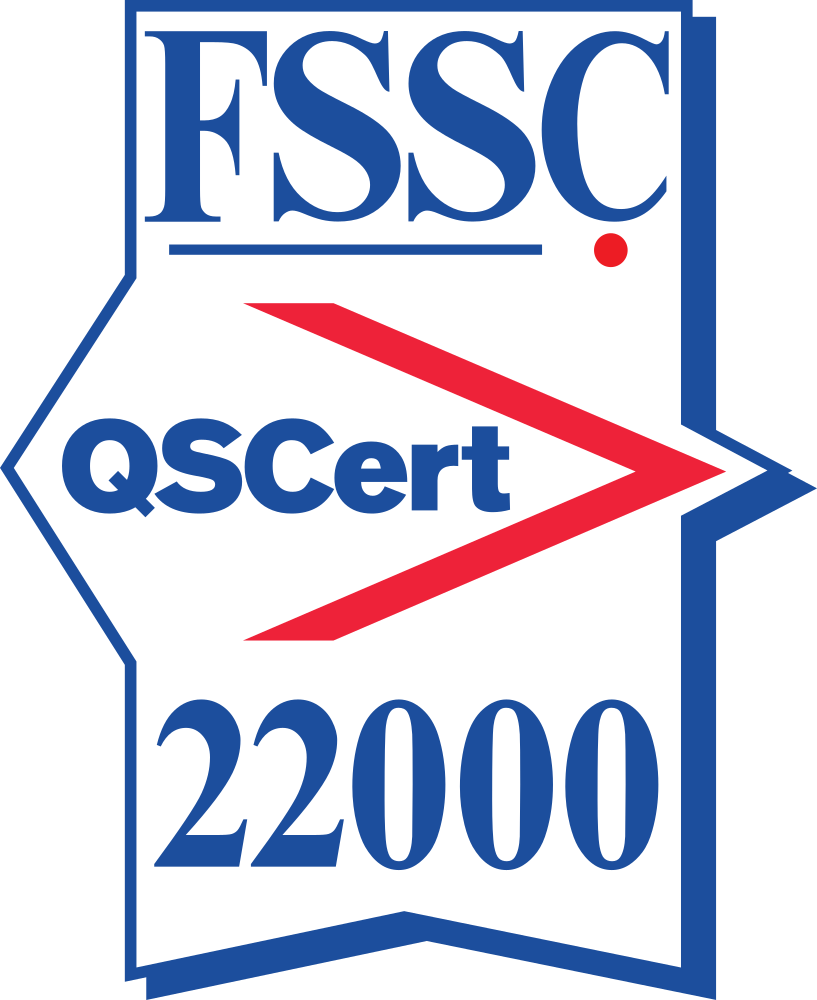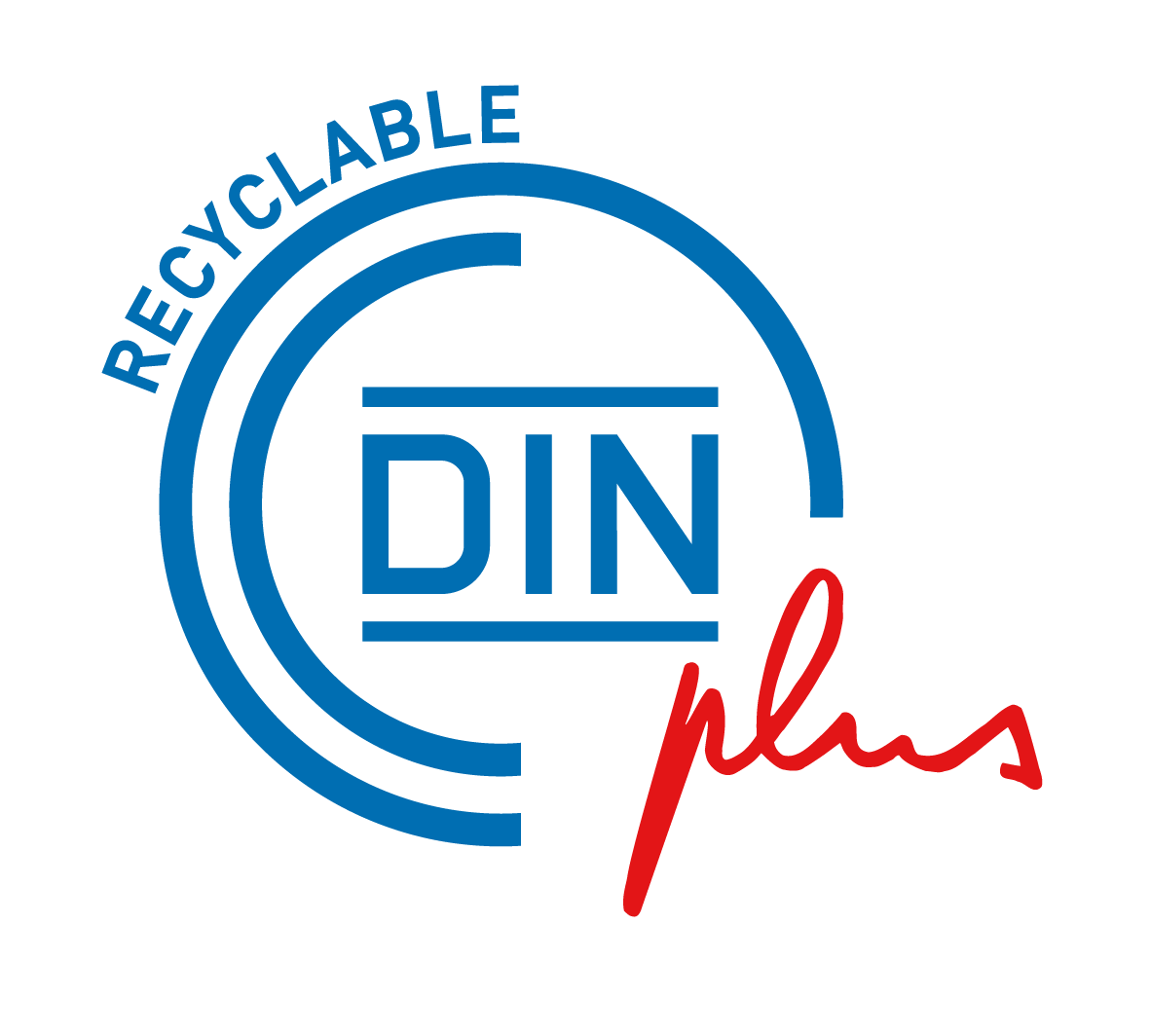The Context
The existing regulatory framework in the EU promotes use of ecological packaging. One of the most important elements of European public policy in this area is Directive (EU) 2019/904 on reducing the environmental impact of certain plastic products.
The directive stipulates that EU Member States must remove several categories of disposable plastic products, including food containers made of expanded polystyrene (EPS/XPS).
From 3 July, the deadline for transposing the Directive into national law of every EU member state, the road to the use of organic food packaging throughout the Union is clearly marked and irreversible.
The use of ecological takeaway food packaging is becoming a pressing necessity due to the legislation and an issue given that the EU market has depended entirely on their imports from Asia (mainly China) by the end of 2021.
